Interpretive activity in the judge’s professional occupation
DOI :
https://doi.org/10.34069/AI/2020.29.05.47Mots-clés :
decision of the ECHR, interpretation of law, legal argumentation, legal communication, legal consciousness.Résumé
The purpose of the article is a comprehensive analysis of the issue of the judge’s interpretive activity from the standpoint of the judge’s cognition in such a process of unchangeable dualism of the factual circumstances of the case and the norm of the law. To achieve this goal, such methods as dialectic, comparative, formal-logical, communicative and phenomenological was used. The article deals with the approach according to which the judge's interpretive activity during professional occupation is a necessary method of specifying the content of abstract, relatively defined legal norms; and these norms become applicable in solving certain debatable questions. It is concluded that the judge creates the search for the best solution of a particular legal position. Reconciling the uniqueness of the law case and the formality of the legislative provisions resolving case is impossible without interpretive activity. One of the peculiarities of the dynamics of the interpretive activity of the European Court of Human Rights is its intellectual and creative nature; mechanical transformation of the norms of law into individual acts and "stereotype" application of previous court decisions are not admissible. The judge's interpretive activity combines rational-technical and existential-semantic levels, which necessitates a high level of personal and professional maturity of the judge. The problem of interpretation is not only technical skills in legislative provisions; it covers an important "standpoint" of the reality based on the professional experience and legal consciousness.
Téléchargements
Références
Alexi, R. (2009). Legal argumentation as a rational discourse. Russian Yearbook of Law Theory, No. 1, 446–456.
Andriyanova, O.U. (2013). The specifics of the legal reasoning in the court proceedings with the participation of jurors, issue 7, 65-67.
Bigun, V.S. (2009). Justice: philosophical and theoretical comprehension. Kiev: Referat.
Bocharov, D. (2011). Legal evidence as a dynamic sign construction. Law of Ukraine, No. 2, 186–192.
ECHR, (1979). Case of Airey v. Ireland. Application no. 6289/73.
URL: https://hudoc.echr.coe.int/fre#{%22itemid%22:[%22001-57420%22]}
Chechulina, A. (2020). The concept of judicial law: Russian context. Amazonia Investiga, vol. 9, issue. 25, 223-229.
Denisenko, L., Siroid, O., Fadova, I. & Shapovalova, O. (2015). To be a judge. Kiev: Businesspolitgraf. (216 p.).
Dudash, T.I. (2016). Legal argument: the question of the general concept. Law of Ukraine, No. 8, 99–106.
Erlich, O. (2011). Judicial finding of the right on the basis of a legal proposal. Four excerpts from the unfinished work “The Theory of Judicial Finding of Law”. Russian Yearbook of Law Theory, No. 2, 332–376.
European Court of Human Rights (1985). The Rees Case (2/1985/88/135).
URL: http://www.pfc.org.uk/caselaw/Rees%20vs%20The%20United%20Kingdom.pdf
Gadamer, G.-G. (1988). Truth and Method: Fundamentals of Philosophical Hermeneutics. Moscow: Progress.
Holmes, O.W. (2011). The Common Law. University of Toronto Law School Typographical Society September 21.
Kaufmann, A. (2009). Ontological structure of law. Russian Yearbook of Theory of Law, issue 1, 473-497.
Krizhanovsky, A.F. (2010). Hermeneutic constants of theoretical and applied jurisprudence. Vector of Science, Togliatti State University, series of Legal Sciences: collection of scientific. Proceedings, No. 2 (2), 95–97.
Merezhko, A.A. (2003). Legal hermeneutics and methodology of law. Problems of Philosophy Law, vol. I, Kiev; Chernivtsi: Ruta, 159-162.
Millutin, A. (2014). Problems of confrontation of two philosophical legal systems on the example of tax cases in the European Court of Justice.
URL: http://www.epap.ua/ukr/publishes/view/yuridichna-gazeta-publku-dumku-arsenya-mlyutna
Pound, R. (2002). The Ideal Element in Law. Indianapolis: Liberty Fund.
URL: http://oll.libertyfund.org/pages/pound-on-the-ideal-element-of-law
Rotan, V.G., Sams?n, I.L. and Yarema, A.G. (2013). The newest doctrine on the interpretation of legal acts: course manual on the interpretation of legal acts for advanced training judges and candidates for special training judges. Kharkiv: Pravo.
Van, Hook M. (2012). Law as a communication. Saint Petersburg: Publishing House S.-Pererb. state University: LLC “University Publishing Consortium”.
Wildhaber, L. (2001). Precedent at the European Court of Human Rights. State and Law, No. 12, 5-17.
Zakomlistov, A.F. (2003). Legal philosophy. Saint Petersburg: Uridicheskiy tsentr Press.




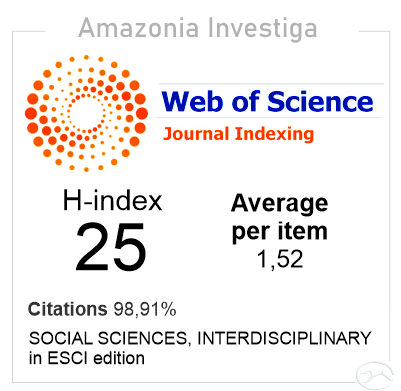







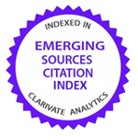
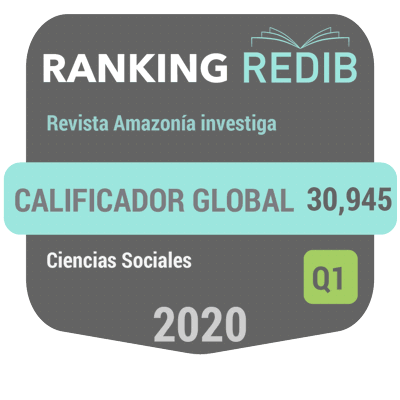









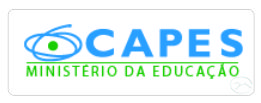










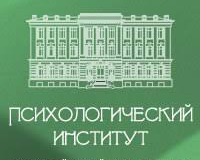












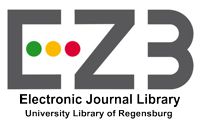

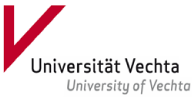



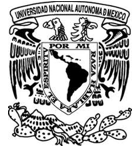











.gif)






